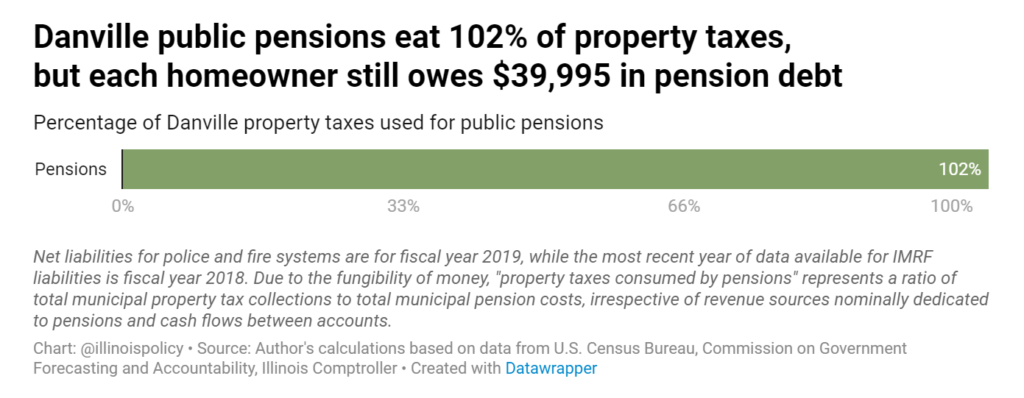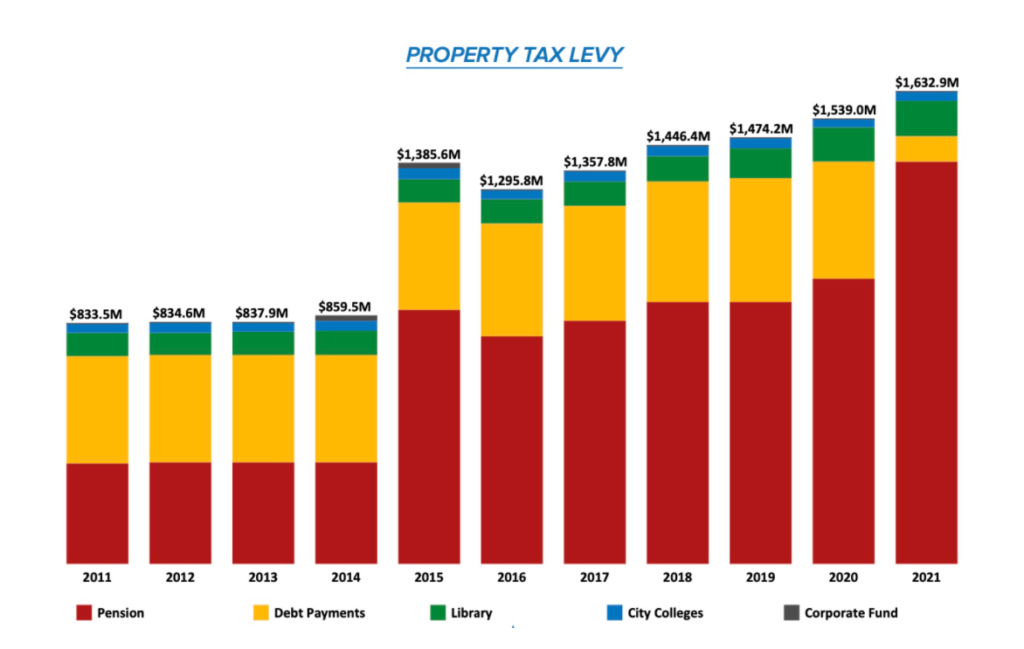Link: http://www.christobe.com/reports/twisted-priorities/
Excerpt:
The Chicago Policemen’s Annuity and Benefit Fund (PABF) – commonly referred to as the “Chicago Police Pension Fund” is one of the worst funded public pension plans in the U.S. today and in U.S. history. Its funding ratio as of today is only 23%.
It is also so damaged by a total lack of transparency that it puts the interest of Wall Street & Chicago Investment Managers over its own current and retired officers. PABF has hidden $10s of millions in investment fees, while denying payment for a disabled officer’s wheelchair.
Retired Chicago Police Officer Rosemarie Giambalvo initiated the call for a complete forensic audit of the Chicago Police Pension fund in February 2020 seeking full transparency and accountability. Rosemarie also founded the CPD Pension Board Accountability Group consisting of over 2600 retired, widows, and active officers who signed two petitions calling for the audit. Rosemarie was told during the February 2020 Pension Board meeting that, “whoever wants an audit must pay for it?” One trustee then stated, “it would cost $20,000”. Rosemarie notified the group members and within two weeks raised the full $20,000 from the group to pay for the audit costing the pension board nothing. Justin Kugler stated, “he didn’t care how much money they raised, we will not consent to a forensic audit!” After the elected trustees refused to address the concerns of their underfunded pensions (22% in 2020), the group agreed to hire myself Christopher Tobe, a Forensic Investigator to which I began the forensic audit report upon being hired by Rosemarie Giambalvo and the group.
The board and staff of the Chicago Policemen’s Annuity and Benefit Fund (PABF) have gone out of their way to conceal and block information for this report. They illegally denied most of our Freedom of Information Act (FOIA) requests only providing small amounts of information which should have been previously disclosed on the web page.
Regardless, we have come up with a report that can have an impact by providing more transparency and accountability for the operations of the fund.
PDF of paper: http://www.christobe.com/wp-content/uploads/2021/09/PABFforensicaudit.pdf
Author(s): Chris Tobe
Publication Date: 31 August 2021
Publication Site: ChrisTobe.com

